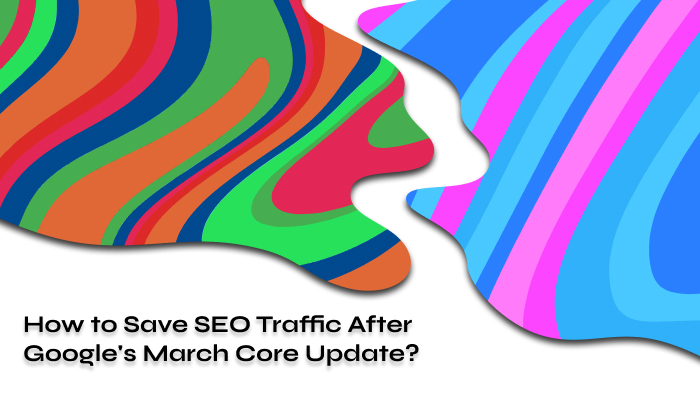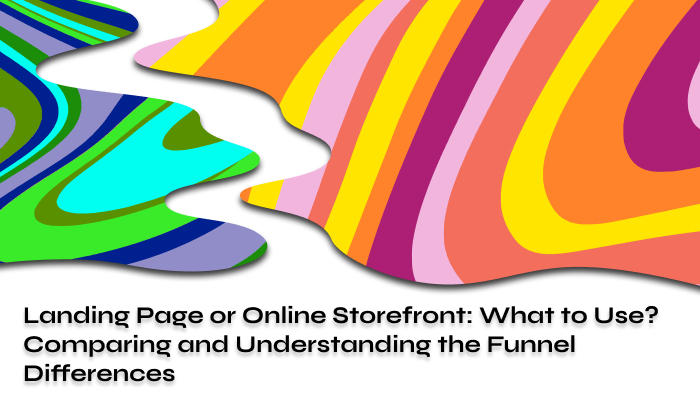90% of consumers have a positive attitude towards personalized advertising. 80% of them are likely to choose a company that offers something tailored to their interests and needs. However, excessive personalization can be perceived as a violation of personal boundaries and the improper use of personal data.

- How to optimize personalization for maximum effectiveness
- Data as a foundation
- Deep data analysis
- Displaying ads at the right time and on the right platform
- Updating customer data
- Benefits of personalization
- Dangers of excessive personalization and privacy violations
- Strategies for balancing personalization and respecting personal information
- Conclusion
How to optimize personalization for maximum effectiveness
Data as a foundation
Sources of consumer data:
- Partner and operator databases. Encrypted transactional data from third-party companies can provide valuable insights into consumers’ real behavior, aiding in creating a more accurate profile for each customer;
- The internet. Analyzing search history, social media activity, and other user-provided information allows for customized contextual advertising. For instance, after someone searches for Turkish landmarks, they might be shown vacation package ads. However, this approach may not always be effective, as user interests can be inconsistent or misinterpreted;
- Own databases. These data sources help in offering special deals to loyal customers based on their previous choices. However, this information doesn’t provide a complete understanding of a customer’s current interests.
Deep data analysis
By analyzing the gathered data, it’s possible to identify current consumer needs and develop offers that align with their current interests or even anticipate future requests. Data on past purchases and actions hold particular value. For example, when someone buys a dog, the owner is likely to start purchasing dog food and seeking veterinary services. There are also less obvious patterns, if purchase analysis reveals that a person follows a specific diet, they might be interested in weight loss supplements. Advertising campaigns on Facebook based on this information can yield twice as many clicks on the “where to buy” button compared to standard manufacturer website ads.

Displaying ads at the right time and on the right platform
In one study, experts determined the times when young mothers most frequently made online purchases based on their receipts. They then started showing diaper advertisements to this audience at those precise moments. As a result, the ad view percentage increased from 60% to 85%, and the CTR reached 3.7%.
In another campaign, the goal was to boost sales of a specific coffee brand. Analysts identified coffee enthusiasts who placed online orders with the option for in-store pickup and determined the typical time when these customers usually came to pick up their purchases. Upon entering the store, these customers began receiving notifications with advertisements for the coffee brand and current promotions. As a result, the campaign yielded a 158% ROI.

Updating customer data
Consumers’ life situations can change: someone may move, switch from familiar brands to more affordable ones, or change their consumer habits based on a doctor’s recommendation. By utilizing large volumes of data, it’s possible to track these changes in customer behavior and adapt advertising campaigns promptly, ultimately saving resources.
For example, transaction data may indicate that a person who previously preferred instant coffee has started buying medications for blood pressure stabilization and herbal teas. Or another consumer has purchased a capsule coffee machine. In such cases, it’s better not to show coffee ads temporarily to the first buyer, and the second one can be offered capsules for their new coffee machine.

Benefits of personalization
Based on the examples mentioned above, it’s evident that an individualized approach in advertising brings several key advantages:
- More rational use of marketing resources, leading to improved conversion rates, return on investment and sales volume. According to the same study, companies can increase their revenue by 10-15% through personalized approaches;
- Creation of more relevant and appealing advertising material that perfectly aligns with the interests of consumers, reinforcing their loyalty and satisfaction levels. Research has shown that 76% of consumers believe that personalized advertising plays a crucial role in brand selection. For 78% of users personalized offers increase the likelihood of repeat purchases;
- Building a sense of attention, understanding of their needs, and a personal relationship with consumers. This stimulates a positive attitude towards the brand and makes it more recognizable.
Dangers of excessive personalization and privacy violations
Excessive personalization can lead consumers to feel that they are being monitored and that their privacy is being invaded. Sometimes, this can result in serious situations involving the leakage of personal data, as seen in the well-known case of the Target retail chain, which, based on purchase history, “identified” a teenager’s pregnancy and sent her advertisements for young mothers, leading to a family conflict.
Perceptions of advertising related to sensitive issues, such as health conditions, political beliefs, ethnic background, or sexual preferences, can also be unpleasant.
Such missteps can reduce customer loyalty, erode trust in the brand and decrease sales. A Harvard Business Review study found that consumers tend to avoid brands that rely excessively on personal information in their advertising campaigns.

While personalization in marketing offers a range of benefits, such as a higher return on investment, more satisfied customers and a better understanding of the audience’s needs, it is crucial to address the ethical considerations that come with it. These include:
- User Privacy: the collection and use of personal data should be done with transparency and explicit consent. Companies need to be clear about how data is collected and used, offer options for users to control their information, and properly protect it against leaks and unauthorized access.
- Misuse of data: personalization can generate risks of discrimination and improper segmentation. The algorithms used to personalize advertising should not be based on sensitive characteristics such as race, religion or medical history, as this could exacerbate social inequalities or promote stereotypes.
- Transparency and control: companies must be transparent about their personalization practices and offer users clear control over their data. This includes options to opt-out of personalization, access and correct your personal information, and delete your data.
Strategies for balancing personalization and respecting personal information
- Data security. Assure customers that their data is protected and stored securely to prevent leaks.
- Avoid intrusiveness. Exercise discretion regarding customers’ personal aspects of life. Remain tactful and respectful.
- Customer data control. Provide customers the ability to revoke consent for data usage or choose which data to provide. Ensure that your privacy policy is accessible and understandable.
- Motivate customers to share information. Offer incentives such as discounts in exchange for data sharing.
- Feedback. Provide mechanisms for feedback and complaints regarding advertising and respond promptly to them.
- Data collection limitation. Collect only the information that is genuinely important for your business.
- Audience understanding and innovation. Utilize modern technologies like AI and machine learning for in-depth analysis of customer behavior and creating targeted advertising. Seek independent analytical services to optimize this process.
- Transparency in data processing. Clearly explain how and where you gather customer data. Ensure that you do not link transactional data with personal identifiers such as name, address, or phone number.
- Third parties and consent. Guarantee that customer data is not shared with third parties without explicit consent.
- Value of personalization. Remember that proper use of personalization can strengthen customer relationships while increasing trust and loyalty.
Conclusion
It’s obvious that personalization is a double-edged sword if used unproperly. If you play it right, it might result in serious ROI increase, repeat purchases and brand credibility increase as well. But if you don’t, the result won’t be long in coming and you’ll face the complete opposite things. Make sure you avoid making the mistakes we write above, so your advertising campaign would not have to face unnecessary risks.












